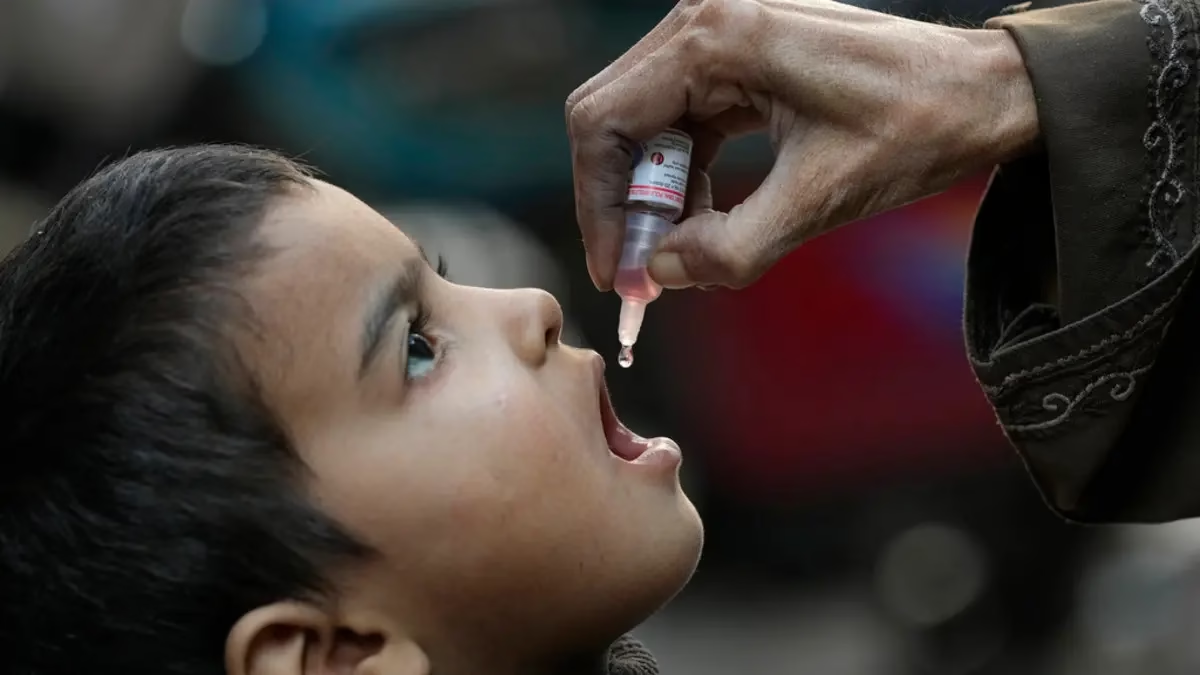A new study suggests that increasing dietary potassium—such as by eating more bananas—could be more effective in lowering blood pressure than simply reducing sodium intake.
High blood pressure affects nearly one-third of adults worldwide and is a leading contributor to conditions like heart disease, stroke, chronic kidney disease, and dementia. Traditionally, medical advice for those with hypertension has focused on reducing salt consumption to manage sodium levels.
However, new research published in the American Journal of Physiology–Renal Physiology recommends a more balanced approach. Instead of only cutting back on sodium, the study suggests increasing potassium intake through foods like bananas and broccoli to more effectively regulate blood pressure.
“Usually, when we have high blood pressure, we are advised to eat less salt,” says Anita Layton, one of the study’s authors from the University of Waterloo. “Our research suggests that adding more potassium-rich foods to your diet might have a greater positive impact on your blood pressure than just cutting sodium.”
Sodium and potassium are both essential electrolytes that support key bodily functions such as muscle contraction and fluid balance. The study found that raising the potassium-to-sodium ratio in one’s diet may be a more powerful strategy for lowering blood pressure than sodium reduction alone.
While previous studies have linked increased potassium intake to better blood pressure control, this new research dives deeper by exploring the optimal balance between sodium and potassium. Using a sex-specific mathematical model, researchers simulated various levels of these ions in the body to observe their effects on blood pressure.
The findings revealed that men are more prone to developing high blood pressure than premenopausal women, but they may also respond more positively to a higher potassium-to-sodium ratio.
“This modeling approach gives us a faster and more ethical way to explore how different dietary factors influence the body,” say the researchers.
“Early humans consumed plenty of fruits and vegetables, and our bodies likely evolved to function best on a high-potassium, low-sodium diet,” adds Melissa Stadt, another co-author of the study.



